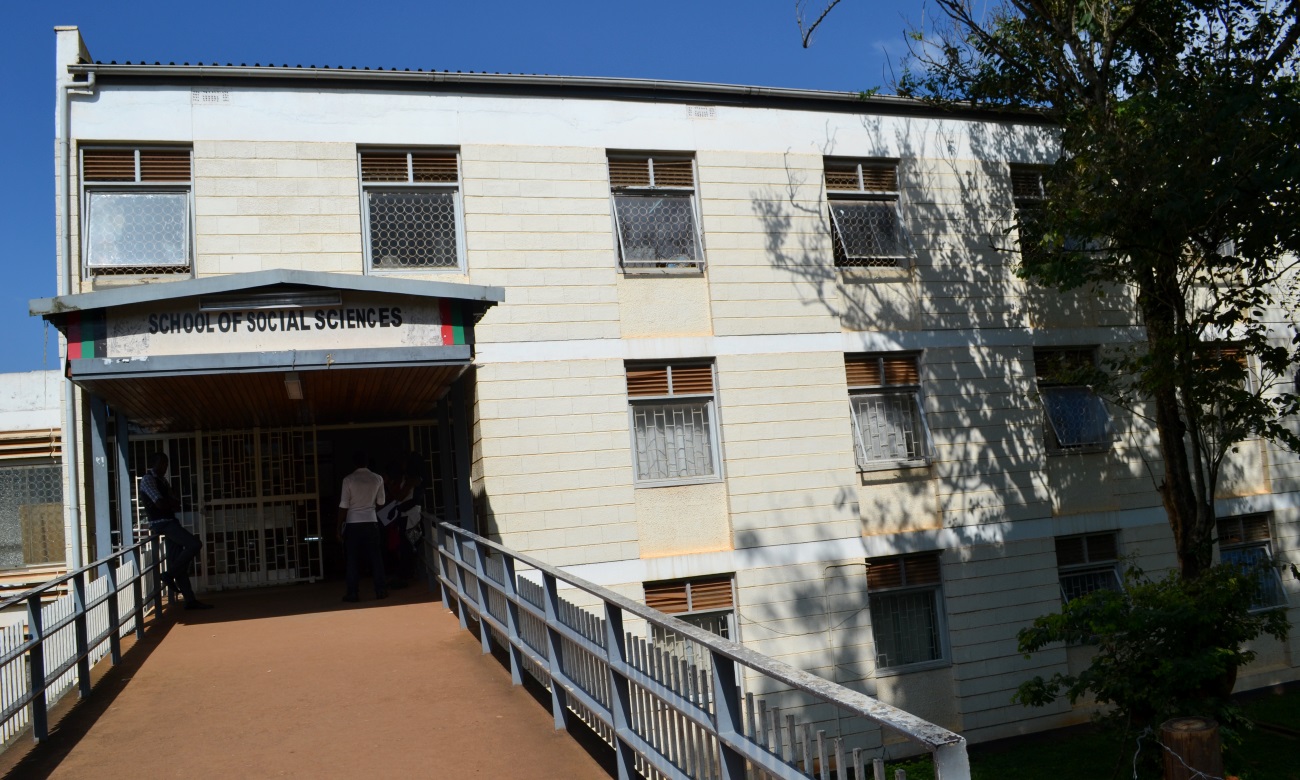The Next Generation Social Sciences in Africa program, launched in 2011, responds to an emerging dilemma within higher education in the global South caused by the extraordinary emphasis on increasing undergraduate enrollment without proportionate investment in faculty development, limiting the ability of universities to produce the next generation of researchers, faculty, technocrats, and leaders.
Dissertation Proposal Development Fellowship (Up to 8 Awards Per Year)
The Dissertation Proposal Development Fellowship supports early-career faculty with up to $3,000 over three months to develop a doctoral dissertation proposal. The fellowship supports costs related to pre-fieldwork surveys, literature review, and writing. Fellows are to attend two Next Generation Social Sciences in Africa (Next Gen) workshops designed to help them network, refine, develop, and strengthen their research, align their research with appropriate methods, engage literature in their research, and finalize their projects.
Dissertation Research Fellowship (Up to 14 Awards Per Year)
The Dissertation Research Fellowship supports early-career faculty with up to $15,000 for 6 to 12 months of doctoral dissertation research. It enables them to develop and strengthen dissertations, engage literature in their field, conduct fieldwork, and develop research, data collection and analysis, and scholarly writing. Fellows are to attend two Next Gen training workshops focused on research methods, fieldwork-based data collection, and writing dissertations concerning peace, security, and development issues.
Doctoral Dissertation Completion Fellowship (Up to 15 Awards Per Year)
The Doctoral Dissertation Completion Fellowship supports early-career faculty with up to $10,000 to take a 12-month leave from teaching and administrative responsibilities, enabling them to move from research and fieldwork-based data collection to data analysis, writing, and the completion of their doctoral dissertations and degrees. Fellows are to attend two training workshops focusing on research methods and design, data analysis, and various aspects of dissertation and scholarly writing related to peace, security and development.
Dissertation-Based Writing Fellowship (Up to 6 Awards Per Year)
The Dissertation-Based Writing Fellowship [8] supports up to six former Next Gen fellows who have completed their doctoral degrees with up to $3,000 to take a six-month leave from teaching and administrative responsibilities, enabling them to devote time to writing or completing dissertation-based draft articles for submission and publication in reputable peer-reviewed journals. Next Gen alumni at an advanced stage of transforming their PhD dissertations into books are also eligible to apply for support to enable them complete their manuscripts. In addition, the award covers drafting, writing and revising manuscripts, literature search, fact-checking, and language and copy-editing. Fellows will be mentored by the program and attend a Next Gen writing and dissemination training workshop.
For more information, including eligibility and application, visit
https://www.ssrc.org/programs/view/nextgenafrica/ OR EMAIL nextgenafrica[at]ssrc.org
Applications will be accepted until JANUARY 10, 2020.


 General13 hours ago
General13 hours ago
 General13 hours ago
General13 hours ago
 Humanities & Social Sciences1 week ago
Humanities & Social Sciences1 week ago
 General1 week ago
General1 week ago
 Agriculture & Environment2 weeks ago
Agriculture & Environment2 weeks ago


